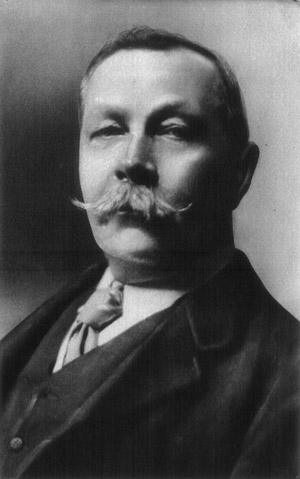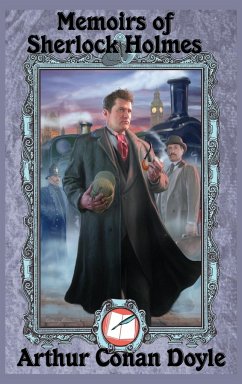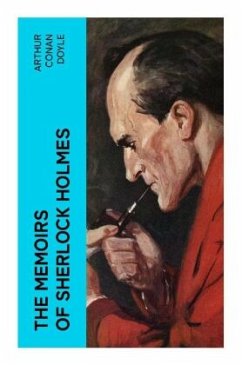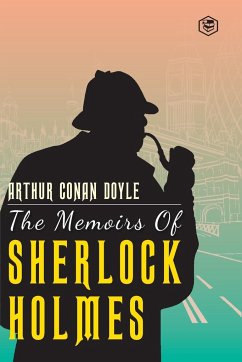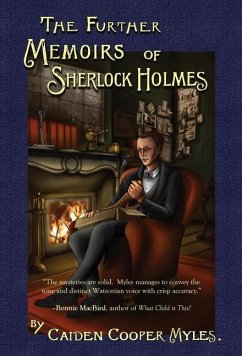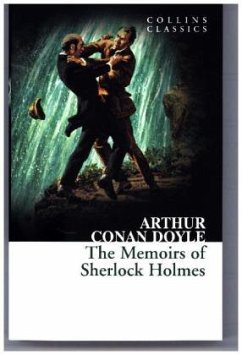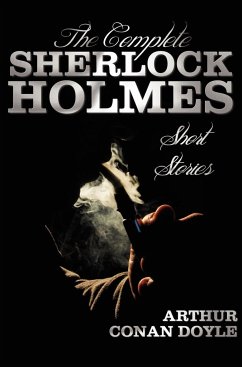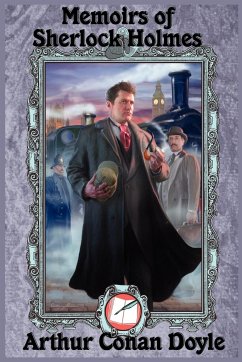
Memoirs of Sherlock Holmes

PAYBACK Punkte
8 °P sammeln!
Doyle felt that the Sherlock Holmes stories were taking time and public attention away from his more serious work. So, with great deliberation he killed off his detective in the 24th story in the series, the ominously entitled "The Final Problem," sending both Holmes and his arch-nemesis created for the occasion, the "Napoleon of Crime," Dr. Moriarty, over the Reichenbach Falls in Switzerland. Of course, we all know that Holmes refused to stay dead. Prepare to be transported back in time to a gas lit, fog enshrouded London in these eleven Sherlock Holmes' adventures.




